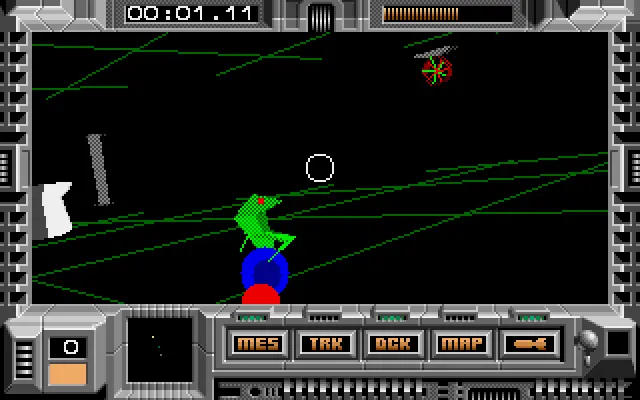My workplace is a strictly BitBucket shop, was interested in expanding my skillset a little, experiment with different workflows. Was using it as a fancy ‘todo’ list - you can raise tickets in various categories - to remind myself what I was wanting to do next in the game I was writing. It’s a bit easier to compare diffs and things in a browser when you’ve been working on several machines in different libraries than it is in the CLI.
Short answer: bit of timesaving and nice-to-haves, but nothing that you can’t do with the command line and ssh. But it’s free, so there’s no downside.










Yeah. Doesn’t take much optimising of disk writes to make things run much better on a Pi; they’re quite capable machines as long as disk i/o isn’t your limiting factor. Presumably the devs have been doing some tidying up.